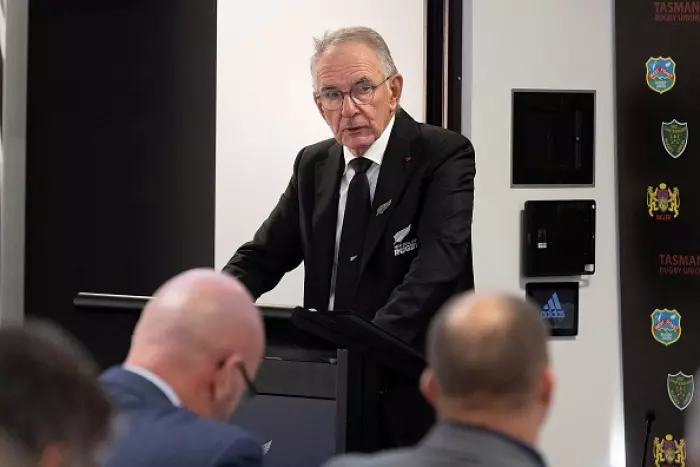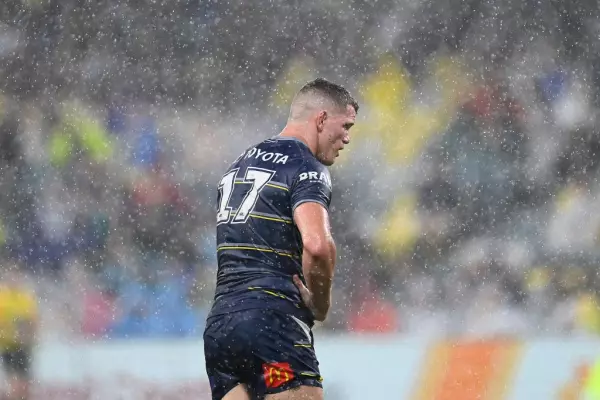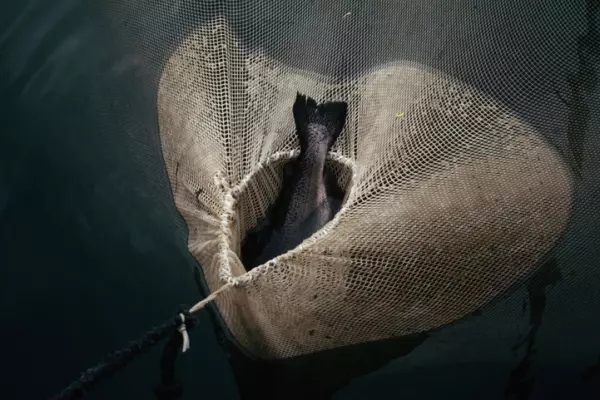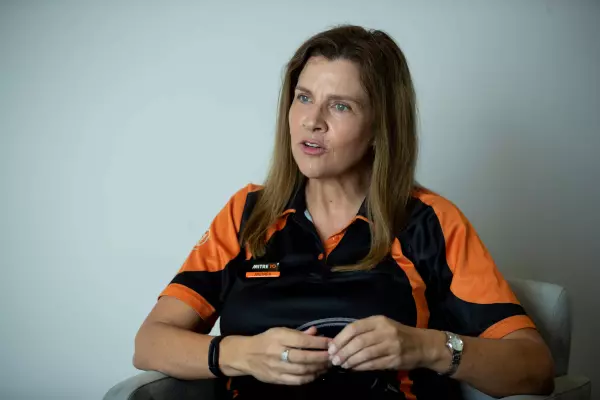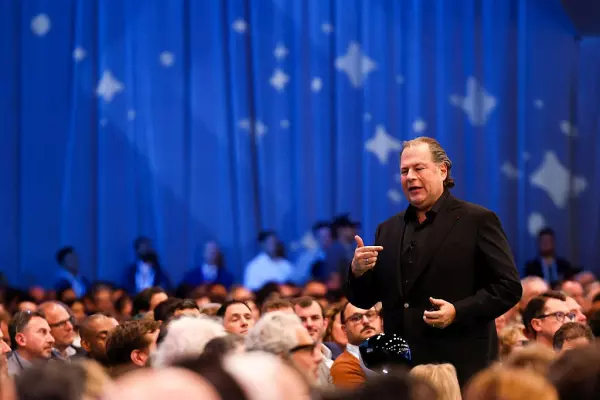New Zealand Rugby chairman Brent Impey’s non-disclosure of important details of the Silver Lake deal has been a major disappointment.
Impey has adopted the highly emotional “trust me, I know what I am doing” approach and released almost no substantive information to the public.
He argues the private equity firm Silver Lake won’t be taking control of New Zealand Rugby (NZR) but, ironically, his secrecy is consistent with the private equity sector and suggests that the US private equity firm may already be having an influence on our national game.
Private equity funds are notoriously secretive and usually operate under a limited partnership (LP) structure. These LP arrangements, which will play a key role in the NZR/Silver Lake pact, have several complex characteristics including a tax structure that probably means offshore investors don’t pay NZ tax.
NZR seems to be embracing private equity characteristics with great enthusiasm, but how many of its directors fully understand this financial structure, particularly as Impey hasn’t released enough information to facilitate external scrutiny.
Annual general meeting
The 129th annual general meeting of NZR was held in Wellington on April 29. The notice of business, which had a very old fashioned look about it, comprised 21 pages with little substantive information.
Item 13, under the heading “Project Future”, contained the following statement: “The AGM will be asked to approve the proposal relating to private equity investment in NZR, as set out in Attachment two. While the board is requesting approval from affiliated bodies now, negotiations do continue with the NZ Rugby Players Association, and with Silver Lake Partners”.
There was no independent appraisal of the private equity transaction and the comment that negotiations were still continuing with Silver Lake Partners indicated that a full and final agreement hadn’t been reached with the investor.
Attachment two of the Notice of Business, which consisted of only 150 words, can be summarised as follows:
- NZR will transfer its commercial assets to a new separate limited partnership (LP).
- NZR will sell 12.5% of the LP to Silver Lake.
- NZR will receive $387.5 million for the 12.5% LP stake. NZR will then contribute $43.75m of this $387.5m to the LP for the LP’s working capital requirements. An additional contribution from Silver Lake to the LP has yet to be finalised.
- NZR will distribute $39.0m to its stakeholders, presumably to its 26 unions and the NZ Maori Rugby Board.
- A legacy fund will be established from most of the remaining money received from Silver Lake.
Based on the number of votes per union at the AGM, the three largest unions – Auckland, Canterbury and Wellington – will receive approximately $3.1m each from the $39.0m distribution to stakeholders. The fourteen smallest unions will receive about $875,000 each.
No wonder delegates voted unanimously in support of the deal.
NZR profitability
The starting point for any assessment of the Silver Lake deal is NZR’s profitability.
| New Zealand Rugby (December 31 year) | |||
|---|---|---|---|
$millions | 2020 | 2019 | 2018 |
Income |
|
|
|
Broadcasting | 51.8 | 57.5 | 73.3 |
Sponsorship | 59.3 | 72.9 | 68.1 |
Matchday | 10.9 | 16.4 | 28.1 |
Other income | 14.4 | 27.9 | 6.7 |
Investments | 1.9 | 3.6 | 3.7 |
FX gains | - | 9.0 | 9.6 |
Total income | 138.4 | 187.1 | 189.5 |
Total expenditure | (157.1) | (194.5) | (191.4) |
Operating loss | (18.7) | (7.4) | (1.9) |
The problem with NZR is that it is spending more than it is receiving and reported an operating loss of $18.7m for the covid-19 impacted December 2020 year. This was before an additional loss of $15.9m due to the write-down in the value of its 5% Sky Network Television shareholding.
The other income figures include:
- $5.8m in 2020 from an NZ government covid-19 related wage subsidy.
- $20.2m in 2019 from the Rugby World Cup held that year.
NZR had cash, cash equivalents and term investments of $52.4m at the end of 2020 compared with $71.9m at the end of 2019 and $89.8m in December 2018.
The alarm bells have been ringing at NZR’s Wellington headquarters with the following statement in the latest annual report: “The board and management have entered into a process prior to balance date to consider private equity investment into the commercial assets of NZR. NZR has received a final offer from one party. This position has not been accepted, with further due diligence and agreement required by parties, including NZR members and board”.
Why does NZR seem to have relied on a New York investment bank for its advice and why was the AGM asked to approve the Silver Lake transaction before a full agreement had been reached?
Commercial LP
Media reports indicate Silver Lake will receive 12.5% of the revenue generated by the LP, rather than 12.5% of its profitability.
There has been no definition of these commercial assets, but it is reasonable to assume they represent the broadcasting, sponsorship and matchday figures in the table above. The average annual revenue from these commercial assets in 2018 and 2019 was $158m. It is best to leave out the covid-19 impacted 2020 figure ($122m) and the 2017 figure ($232m), which was boosted by the British and Irish Lions tour.
Based on the average annual revenue commercial figure of $158m for 2018 and 2019, Silver Lake would generate an income of $19.75m on its initial $387.5m investment, a return of 5.1%.
But the LP’s objective will be to grow its revenue and if it can achieve 8% revenue growth per annum, then Silver Lake will receive a total income of $309m over a ten year period and still hold the 12.5% revenue entitlement in perpetuity.
Why wasn’t this deal, or a smaller one, offered to NZ investors?
The answer to this question would probably be that Silver Lake has significant sports marketing expertise because of its investment in football (Manchester City), basketball (New York Knicks) and ice hockey (New York Rangers).
But Silver Lake is an investor, its sporting investments will have their own internal marketing divisions. Silver Lake will be loading the NZR limited partnership with hired marketing expertise and costs to grow its revenue. From what we know, any LP losses will be borne by NZR with Silver Lake’s return only subject to fluctuations in the LP’s revenue figures.
The 12.5% extraction by Silver Lake will make it harder for the LP to make a profit.
NZR will have a legacy fund of around $250m from the remaining proceeds from the Silver Lake deal but this will be almost its only source of income as its commercial operations will be in the LP. NZR could earn about 5% to 7%, or $12.5m to $17.5m per annum, from this fund as long as it is not eroded by having to fund LP losses.
But the important point is that limited partnerships are inherently complex, much more so than companies. LPs are required to have detailed agreements, particularly as far as governance and the sale of interests are concerned.
Silver Lake has far more experience than NZR in terms of these LPs and this inexperience could be a major problem for NZR in the longer term.
Were NZR annual meeting delegates given a copy of the LP agreement before they voted?
The future of rugby
The sporting world has changed dramatically in recent years, often driven by new investors. Examples are Kerry Packer and the Indian IPL in cricket, recent attempts to set up a new European football league and current efforts to establish an alternative golf tour.
Rugby will also change, particularly as the All Blacks, the world’s biggest rugby brand, play only 12 to 14 games in a normal year. Contests are important with the latest NZR annual report noting: “revenue from broadcast, sponsorship and matchday were reduced due to fewer matches”.
Silver Lake will be well aware of the importance of matches because its major sporting investments played the following number of games in their last pre-covid year: Manchester City 61 games, and New York Knicks and New York Rangers 82 each.
If the Silver Lake deal goes ahead, the All Blacks could be playing 20 to 25 games a year in cities such as Los Angeles, San Francisco, Chicago, New York, Boston, Atlanta, Berlin, Madrid, Dubai, Shanghai etc. These games, which could be against test teams, the Barbarians or other made-up entities, will generate huge revenue for the LP but could seriously erode the All Blacks’ brand.
Impey has rejected suggestions of these additional games but private equity is totally driven by money and has little regard for tradition.
Yes, New Zealand Rugby needs more capital but is US private equity the best option?
Disclosure of interests; Brian Gaynor is a non-executive director of Content Limited, the publisher of BusinessDesk, and of Milford Asset Management.


